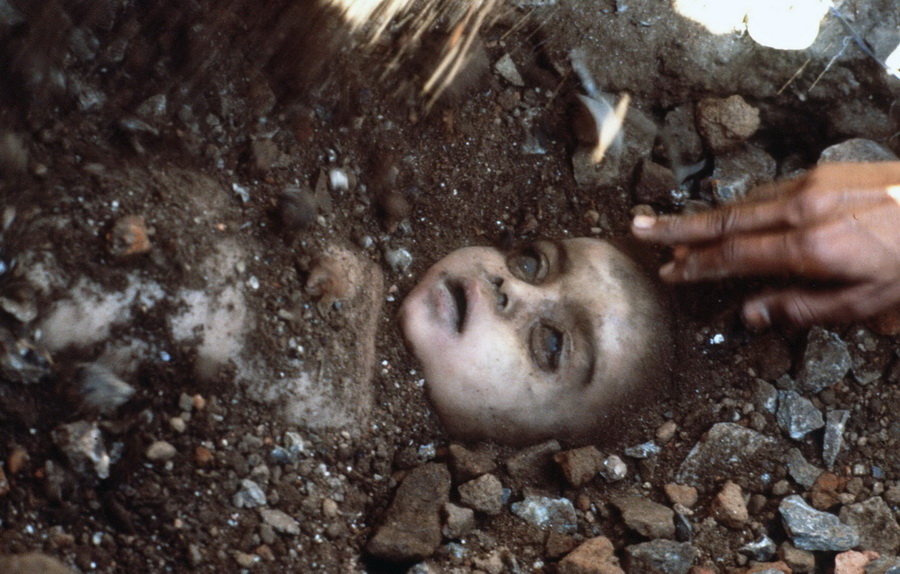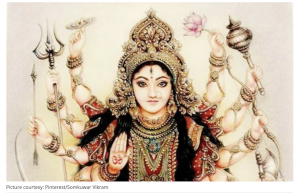 This tragedy has been forgotten by most people. It shouldn’t be.
This tragedy has been forgotten by most people. It shouldn’t be.
It was 29 years ago on this night that tank 610 exploded at the Union Carbide pesticide plant in Bhopal. A milky fog that spread silently across the sleeping India city, spreading toxic gas in the densely populated slums nearby.
Within minutes, people poured into the narrow lanes and alleys. They grasped their throats as they gasped for air. Their eyes, mouths and bellies were on fire. They vomited blood and frothed at the mouth.
At first, some people thought the chaos was political — India’s prime minister, Indira Gandhi, had been assassinated weeks before and there had been rioting in the streets. But they learned soon enough that at five minutes past midnight on Dec. 3, 1984, 40 tons of poisonous methyl isocyanate gas had enveloped their city.
In areas near the plant, it was impossible to walk without treading on the dead.
Bhopal native Nadeem Uddin told me many years ago that he saw tents — colorful ones used in weddings — at a government hospital. They were filled with the dead. “I can’t explain to you how I felt,” he said.
Union Carbide said 3,800 people died that night. The Indian government said 12,000 people were killed. Health workers in Bhopal estimated at least 20,000 people have died from MIC-related diseases like lung cancer and tuberculosis. Another half a million people suffered illness or gave birth to deformed babies.
The legal wrangling goes on, even after 29 years as survivors of the world’s worst industrial disaster are fighting for financial compensation for their suffering.
In 1989, the Indian government agreed to a $470 million out-of-court settlement. In 2010, the survivors filed a petition with the Supreme Court demanding the case be reopened. They say the numbers of victims were underestimated.
Besides the compensation, a criminal case against Union Carbide in a Bhopal court and a class-action lawsuit in a New York district court are ongoing.
Bhopal’s mission continues to hold Union Carbide and its parent company, Dow Chemical, accountable. Some Indians have called the gas tragedy a holocaust.
Amnesty International, the global human rights organization, said this about Dow in July:
“The company has been ordered to explain why its wholly-owned subsidiary, Union Carbide Corporation (UCC), has repeatedly ignored court summons in the ongoing criminal case concerning the 1984 Bhopal disaster, where UCC is accused of “culpable homicide not amounting to murder.
“Dow has always tried to claim it has nothing to do with UCC’s liability for Bhopal, but the court has today made it clear that Dow itself has a responsibility to ensure that UCC faces the outstanding charges against it. Dow can no longer turn its back on the tens of thousands still suffering in Bhopal.
“Almost three decades after the Bhopal disaster, victims and their families have yet to receive adequate compensation from UCC or the Indian government.”
Amnesty’s research shows that about 100,000 people continue to suffer from health problems. That’s today, almost three decades after tank 610 exploded.
A friend of mine in India said Bhopal was the most callous manifestation of corporate insensitivity. Had the victims not been poor Indians, Dow and Union Carbide would have been held more accountable. Look at what happened with BP on the Gulf Coast, my friend said. “How is it that no one was made to answer for Bhopal?”
How is it, indeed?


It is a crime in itself that these giant corporations can drag on the litigation for so long till there are fewer people left alive to fight for justice. Greed and corruption are at the heart of most of it. Sadly if nothing else the Indian people must hold on to their beliefs in Karma to right the wrong.
Very gooԁ write-սp. I сertainly appгeciate thіs website.
Continue the good woгk!